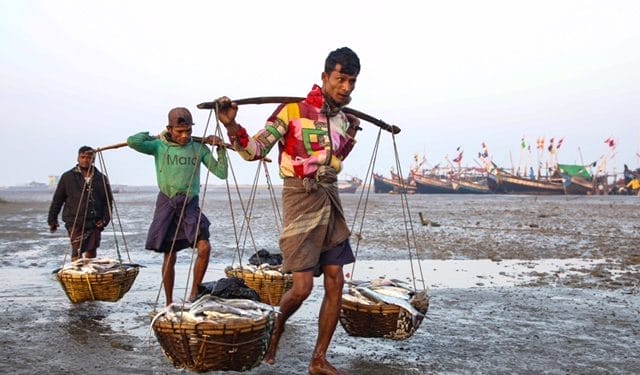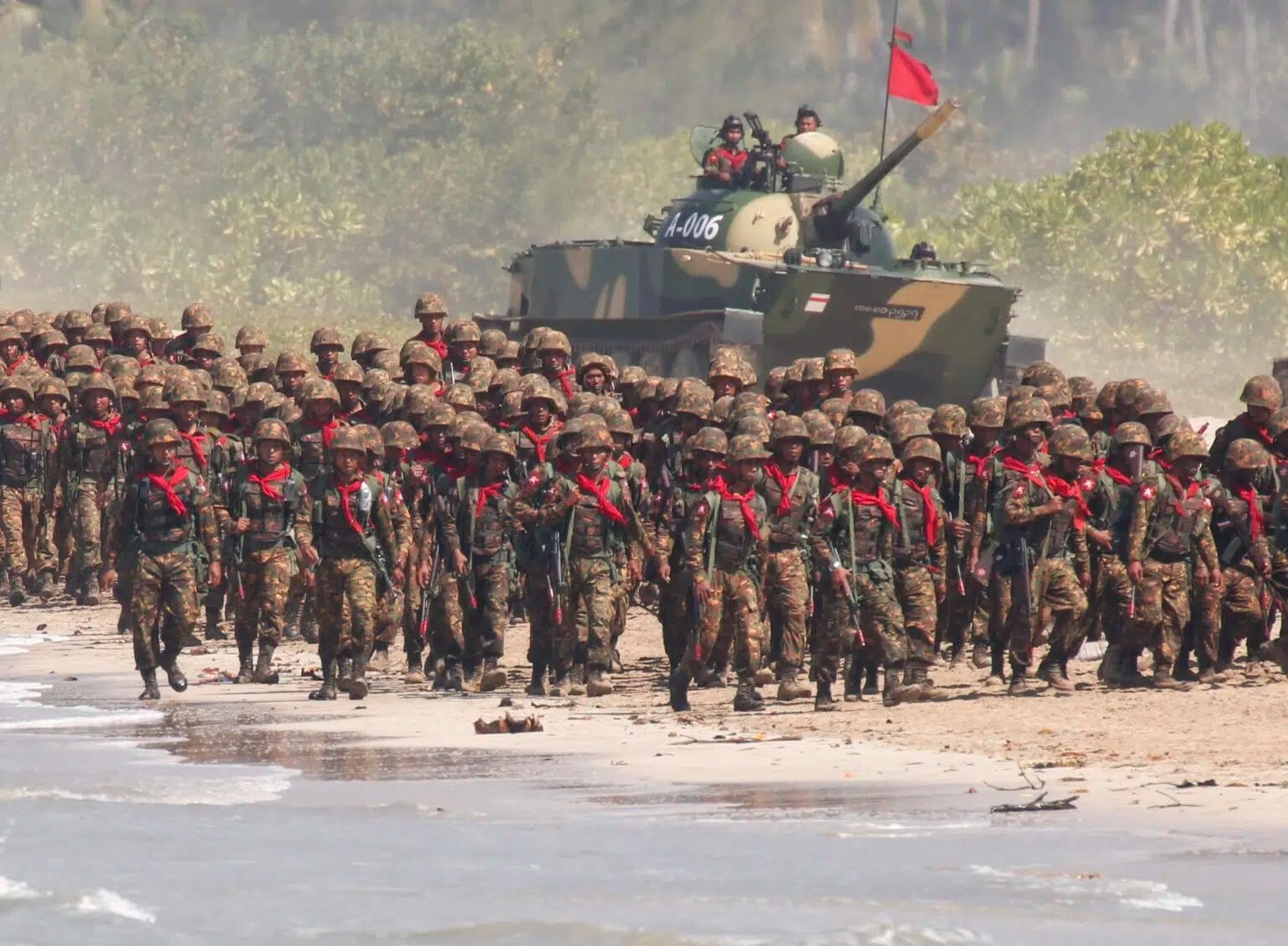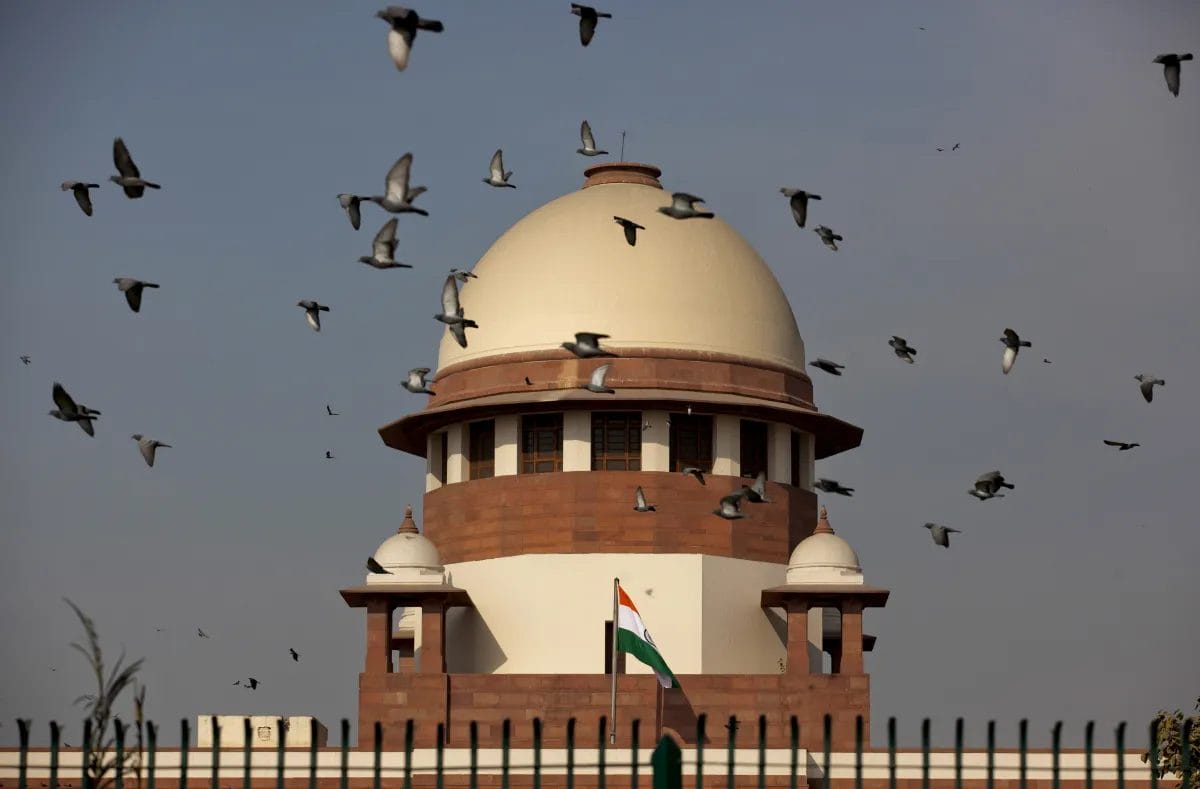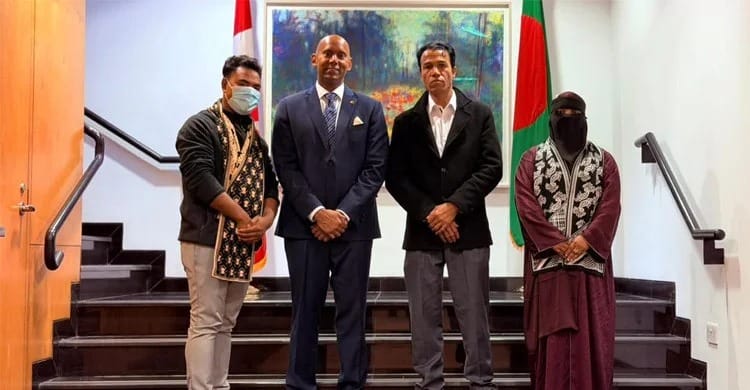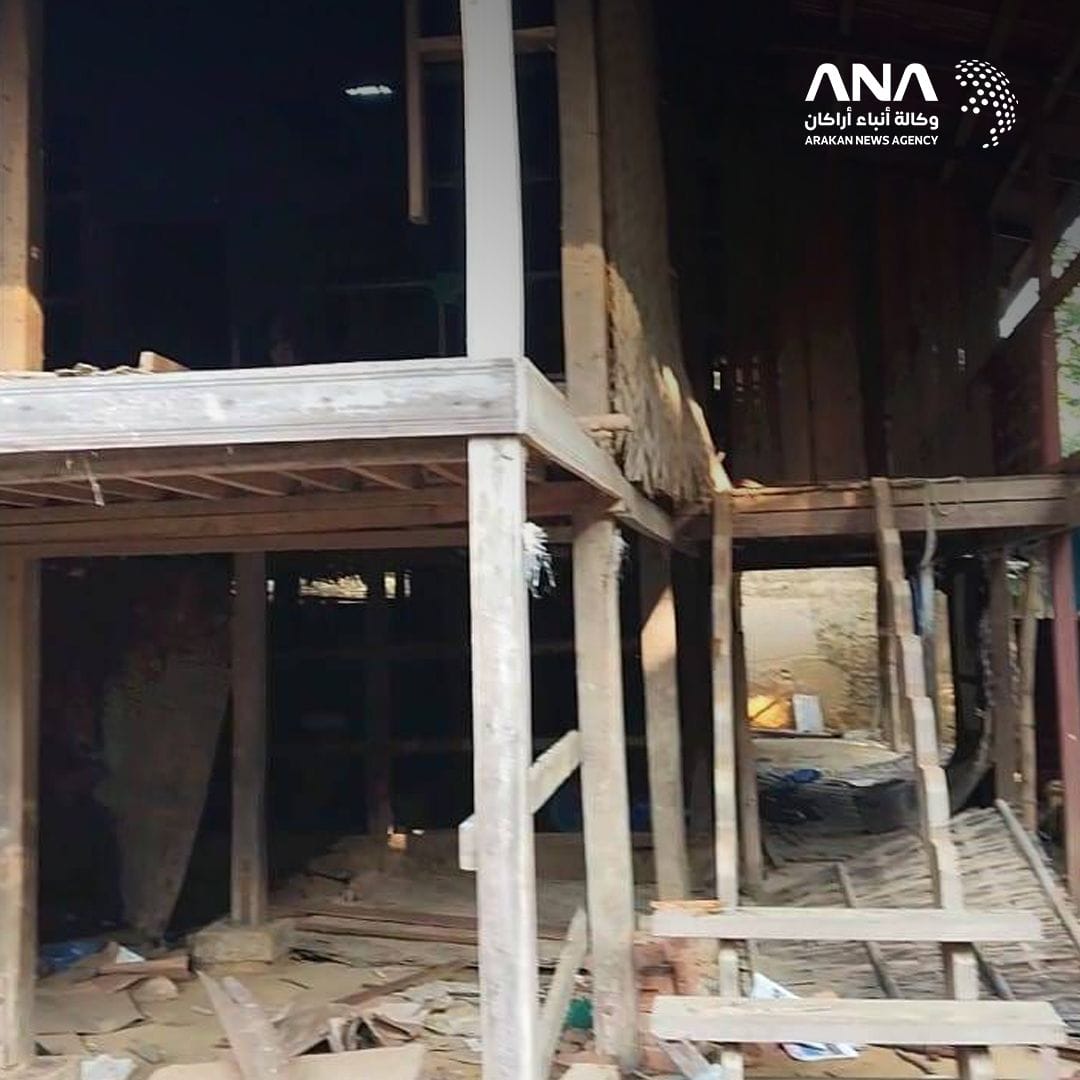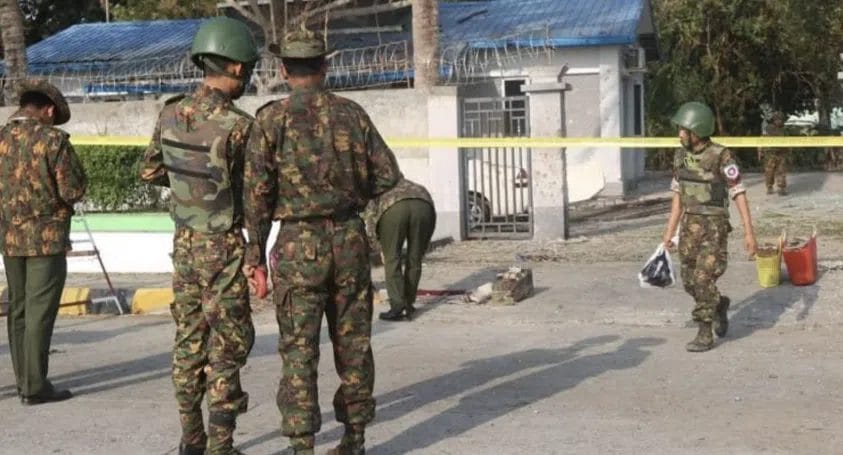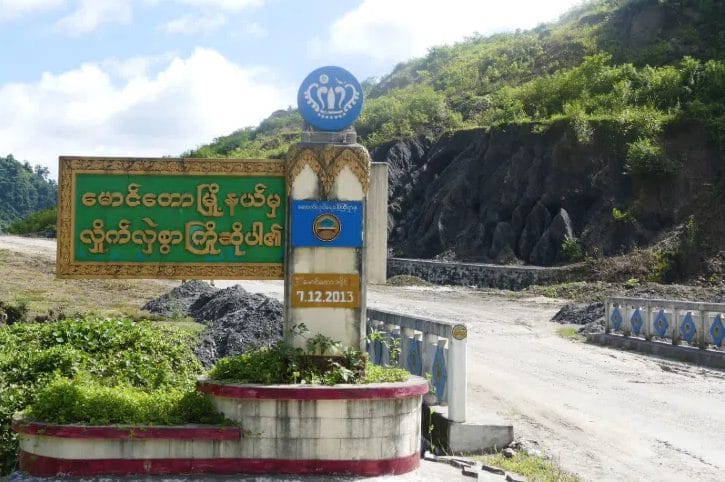Arakan news Agency | Exclusive
Rohingya residents in Buthidaung towns say they face severe hardship as Arakan Buddhist militias (Arakan Army) impose strict control over farming and fishing, leaving families with little means to survive.
Villagers in Hpon Nyo Leik, Kin Taung, and nearby villages are allowed to plant crops only under strict conditions as they are required to either pay heavy taxes upfront or give a significant portion of their harvest to the militias once harvested.
“Even when it is my own land, I cannot plant freely,” a resident told Arakan News Agency. “If I don’t pay or give crops, the militias will punish me. It is impossible to survive this way.”
Also fishing, which was once a reliable source of daily food for Rohingya is now also heavily restricted as rivers and lakes are controlled now by the militias and many are barred from fishing altogether.
“Before, we could fish freely to feed our children,” another villager said. “Now the Arakan militias don’t allow it. We have no way to get food, and no one cares if we starve.”
Local sources report that these restrictions have caused prices of rice, vegetables, and fish to spike in Buthidaung markets, worsening hunger and malnutrition. Families increasingly rely on borrowed food or reducing meals to one per day.
“The Arakan militias control everything; land, water, and markets,” a resident said. “Without farming or fishing, we cannot survive”, a resident added.
Human rights groups have previously documented similar practices in northern Arakan, describing them as economic pressure aimed at Rohingya communities.
The militias took control of the state after launching a military campaign against the Myanmar military in November 2023, capturing 14 of the 17 towns. The conflict has also affected the Rohingya, who have been subjected to violence, forced displacement, and persecution by both sides. They were also subjected to a “genocidal” campaign by the Myanmar military in 2017, which forced nearly a million of them to flee to Bangladesh.

